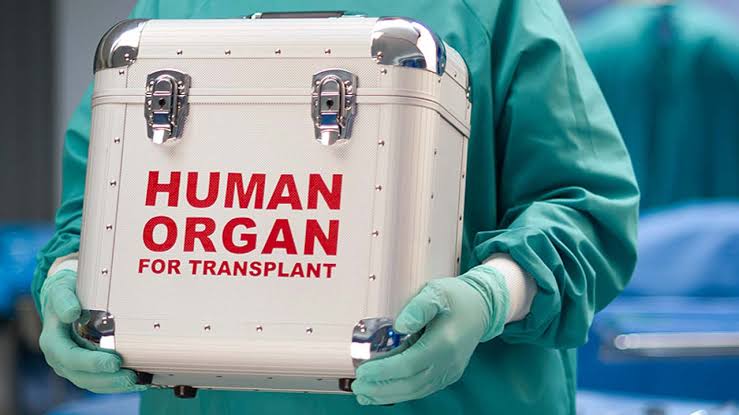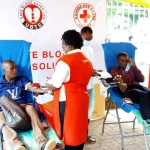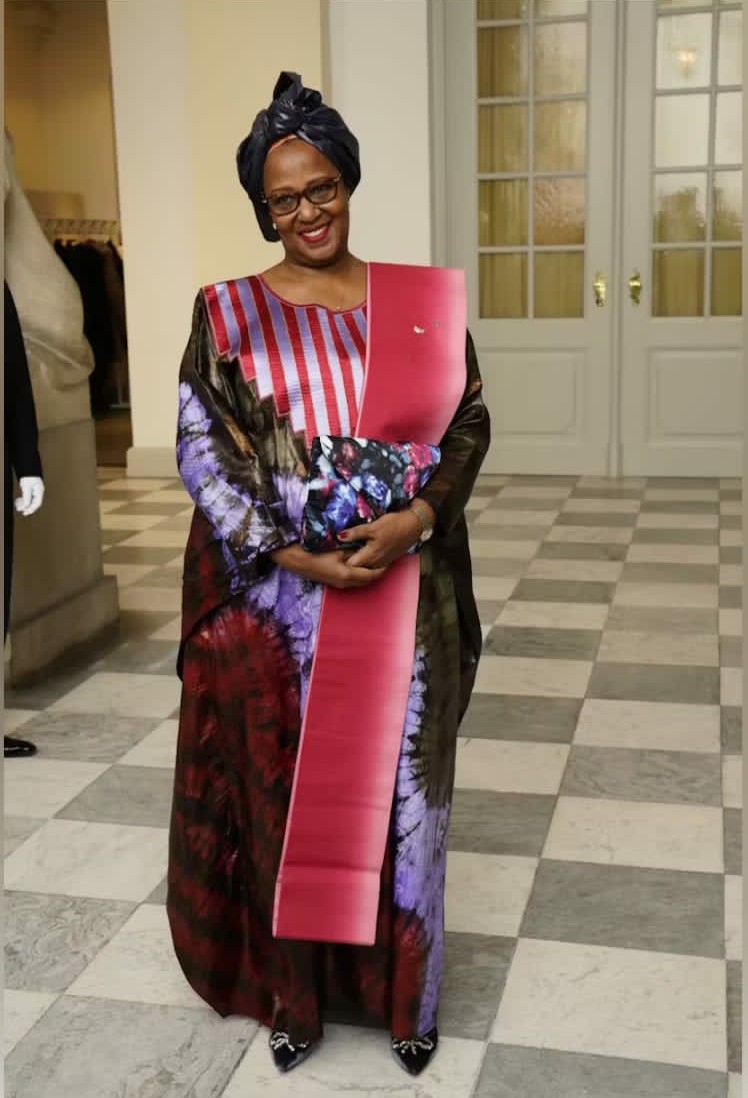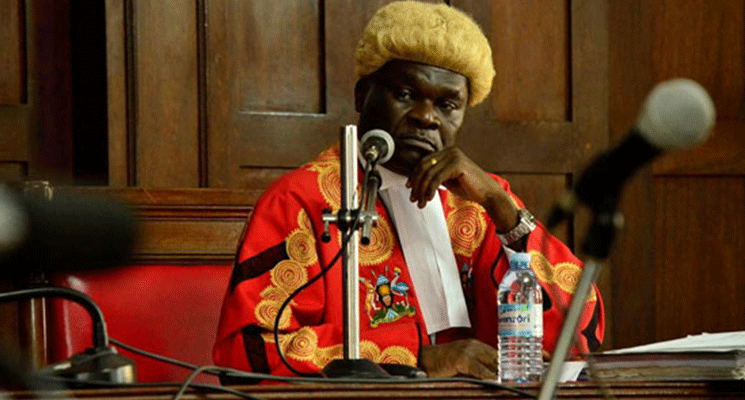Scientists at Mulago National Referral Hospital are in the process of establishing a comprehensive organ transplant unit, following the successful completion of Uganda’s first kidney transplant in December. However, the progress in medical technology has raised concerns about illegal organ transplantation, particularly considering the growing demand for organs such as kidneys, with over a thousand Ugandans currently awaiting surgery while on dialysis.
Dr. Robert Kalyesubula, a kidney specialist, reassures the public that Uganda’s legal framework makes illegal transplantation difficult. Unlike in other countries, Mulago Hospital only accepts donors who are willing, biologically related, and undergo extensive testing, comprising more than fifty tests, before being approved for donation.
Despite these safeguards, previous allegations of kidney theft have surfaced in both government and private hospitals. However, Dr. Kalyesubula asserts that there are stringent measures in place to prevent such occurrences, emphasizing that patients cannot unwittingly undergo a transplant surgery.
Dr. Frank Asiimwe, head of the Mulago Transplant Unit, highlights the severe penalties outlined in the law for involvement in organ trafficking. Offenders, including doctors, face imprisonment for twelve years and a five-year license revocation for first-time offenses.
Furthermore, Dr. Asiimwe underscores additional measures to counter organ trade concerns, including stringent regulations regarding organ donation, even in the case of deceased donors, where harvesting is only permitted if consent was provided while the donor was alive and healthy.
However, concerns have been raised regarding the operation of the transplant unit without a waiting list, leading to ambiguity about which patients will undergo surgery next. The establishment of a transplant council, expected to be reshuffled annually, is anticipated to address such issues.
The efforts of Uganda’s medical experts and regulatory authorities aim to ensure ethical and legal standards are upheld in the field of organ transplantation, safeguarding the integrity of healthcare practices in the country.




















